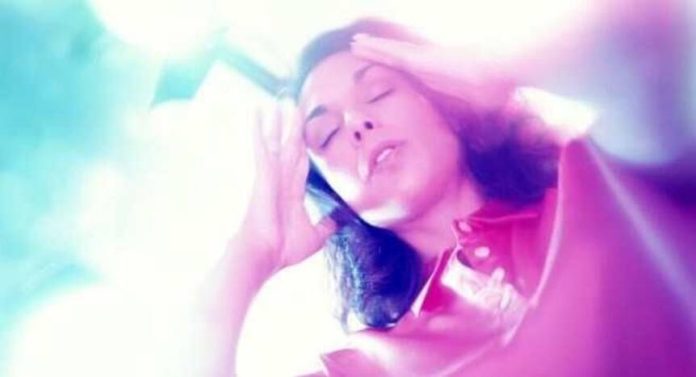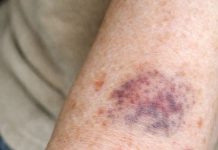A stroke, a medical emergency often referred to as a “brain attack,” occurs when there is an interruption of blood flow to the brain, leading to the death of brain cells. What makes strokes particularly alarming is their capacity to strike suddenly, without warning, and regardless of age (surprisingly, more than a third of stroke hospitalizations involve individuals under 65). The primary culprits behind stroke incidents are typically high blood pressure, smoking, and elevated LDL cholesterol levels.
When it comes to strokes, time is of the essence. Timely treatment within the critical first hour is vital to preventing long-term disability or even death. That’s why it’s crucial to be aware of the signs associated with strokes, as they often manifest hours, and sometimes even days or weeks, before the actual stroke occurs. Without further ado, here are 7 signs of a stroke that should be on your radar:
- Facial Drooping
One of the telltale signs of a stroke is facial drooping. If you notice someone’s face appearing lopsided or drooping on one side, ask them to smile. An uneven or lopsided smile is a clear indicator of a potential stroke.
- Weakness in an Arm
Individuals who have experienced a stroke often suddenly encounter numbness and weakness in their bodies. This weakness or numbness typically affects just one side of the body. To check for this sign, request that the person raise both arms above their head. If one arm is significantly lower or if they struggle to do so, it’s imperative to seek immediate medical attention.
- Difficulty Speaking
Speech difficulties are a common occurrence in stroke victims. If you suspect someone is slurring their speech, ask them to repeat what they said to confirm if something is amiss.
- Sudden, Severe Headache
A sudden and severe headache can be a warning sign of an impending stroke, especially when coupled with other stroke symptoms. While headaches can also be associated with migraines, it’s essential to determine if the headache is unusual. Err on the side of caution and take the person to the emergency room if in doubt.
- Changes in Vision
Sudden blindness in one eye or unexpected double vision can indicate an impending stroke.
- Confusion
Sudden confusion, where a person struggles to articulate thoughts or comprehend others, is a strong indicator that a stroke may be imminent.
- Balance Issues
If an individual experiences sudden difficulties with balance and coordination, immediate hospitalization is crucial. To assess their balance and coordination, have them walk in a straight line and touch their nose with a finger. Failing both of these tests warrants urgent medical attention.
Recognizing these early stroke signs can be a lifesaver, allowing for prompt intervention and potentially preventing devastating consequences. Always remember that time is of the essence when it comes to strokes, so act swiftly if you suspect someone may be experiencing these symptoms.
source of the picture : thehealthsite










